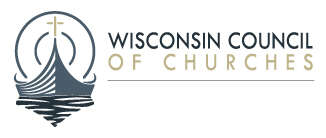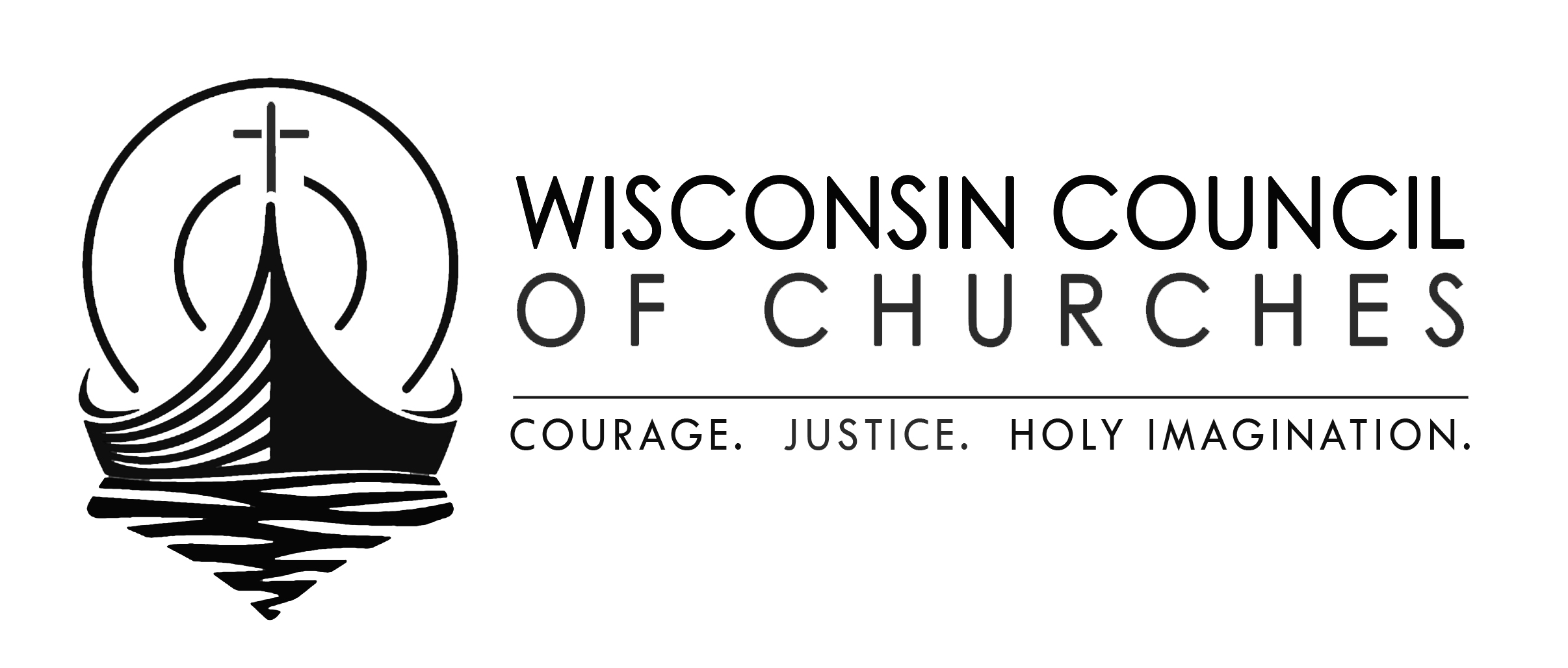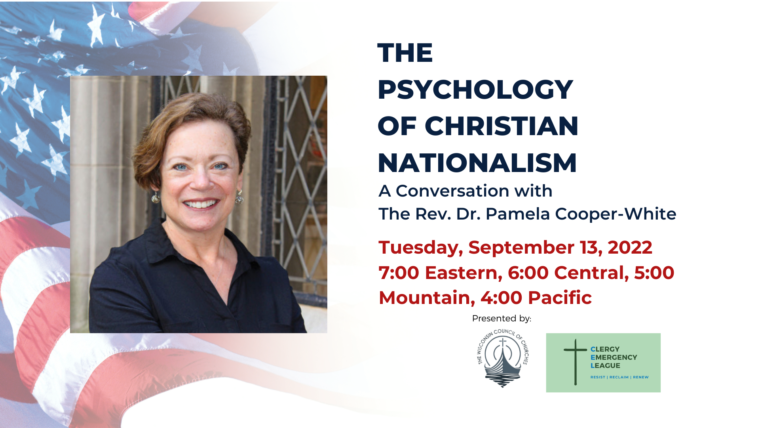Most of the 60,000+ Afghans evacuated to the US last summer have been resettled around the country, but 36,000 of those face an uncertain future. While they were resettled under Humanitarian Parole and currently enjoy certain protections under Temporary Protected Status (TPS), they have no clear path to permanent residency or citizenship. Furthermore, these programs are temporary and may be changed by a future administration.
Right now, the only paths to permanent residency or citizenship available to these Afghans are a Special Immigrant Visa (SIV) or asylum. Most of the 36,000 do not meet the strict criteria for SIV and both of those programs are completely overwhelmed. SIVs for Afghan applicants have dropped by 91% since last quarter and processing time has increased to an average of over 2 years. Not only is the asylum backlog several years behind, here in Wisconsin there are not even enough immigration lawyers available to handle the caseload of the 800+ Afghans waiting to apply for asylum before their parole expires.
So what can we do?
First, the Wisconsin Council of Churches is contributing $20,000 to the efforts of Immigration Legal Services (ILS) of Catholic Charities to recruit, train, coordinate, and support volunteer attorneys for Afghan asylum seekers. ILS is working with the resettlement agencies of Lutheran Social Services (Milwaukee), World Relief (Fox Valley) and Catholic Charities (Green Bay) and will use these funds in creative and effective ways to maximize impact. We are in conversation with other organizations doing similar work.
This partnership is possible because of the generosity of the Wisconsin Conference of the United Methodist Church and our many donors (congregations and individuals) to the Afghan Refugee Response program. Thank you! These are your gifts going to work for the sake of our Afghan neighbors. If you would like to contribute to future grants from this program of the WCC, donate here. choose “Afghan Refugee Relief”
Second, we can all learn more about this situation and take action. In the short term, spend some time learning about the Afghan Adjustment Act (AAA). This proposed legislation would adjust the status of Afghans under humanitarian parole to something resembling a refugee. In other words, this would allow them to receive a green card (permanent lawful resident) after one year and citizenship after five years. The link above includes more information and a way to contact your members of congress to urge its passage.
There is also a bigger picture here, and while it can be difficult to talk about it, we must. I am referring to systemic racism and how it infects so many of our institutions and programs.
As national attention has shifted to the crisis in Ukraine, we have witnessed our government moving at top speed and with bipartisan support to create a path of entry and support for Ukrainians fleeing violence. The sponsorship program for Ukrainians is not perfect, and our government could do more, but action has been swift and the differences in our national response among different populations is striking. For example, European (white) asylum seekers were being allowed across our southern border without a visa (in expedited lines to a hospitable welcome) and their claims processed, while people fleeing violence from Central and South America have been languishing at a closed border for years. For how long have we witnessed indigenous people and people of color denied the opportunity to even plead their case for asylum at the southern border, mistreated by border patrol and others, and deported? (Since launching the sponsorship program which allows direct travel from Europe, the southern border has again been closed.)
Legislation is another example. Congress seems poised to pass a bill expanding resources for Ukrainians here and abroad and further streamlining the process of entry for Ukrainians, and yet the most crucial Afghan Adjustment Act has yet to be considered. Even more troubling, President Biden included the AAA within the supplemental budget request for Ukrainians but it has been since been excluded by the senate and now goes back to the shelf with little hope that it will pass as a stand-alone bill.
Highlighting these differences is not to say that we should welcome one over the other, but to remind us that our nation can, in fact, open its borders, welcome foreign asylum seekers, and provide a way for them to build a new life here through our shared resources and official policy. The point is that the response and attention given to Ukrainians could be the standard for all people fleeing violence.
This is a much bigger conversation to be had, and a problem that spans the globe and centuries of colonialism, but it is a conversation we can have in our churches and in our communities. It is a problem we can address through education, witness, advocacy, and elections. I encourage you to dig in and join with others in your local setting to learn more about this. Share what you are learning. Pray and listen to how the Holy Spirit is calling and leading you to make a difference for those who suffer the compounded violence of war, racism, and colonialism throughout the world.
One last link to share with you is for an advocacy action through Lutheran Immigration and Refugee Service (LIRS). It addresses not only the 36,000 Afghans in limbo here in the US, but the tens of thousands of Afghans left behind who face violence for their role or connection to the 20-year US mission in Afghanistan. It calls on the administration to create opportunities for safe transport to the US and a path to lawful residency and citizenship. Click here to read more and to lend your voice to the call for better protection to our Afghan neighbors.
Peace,
Rev. Peder Johanson (he/his)
Volunteer Coordinator, Afghan Refugee Response
To continue to keep up to date on the WCC’s work with refugees, subscribe to our Refugee Response Newsletter.


